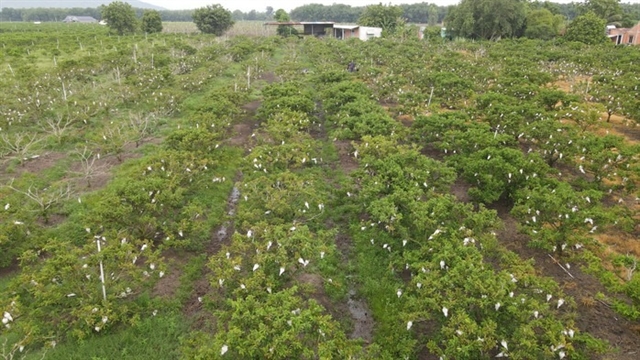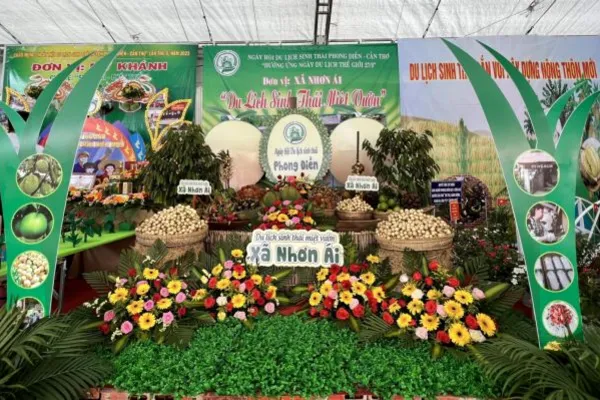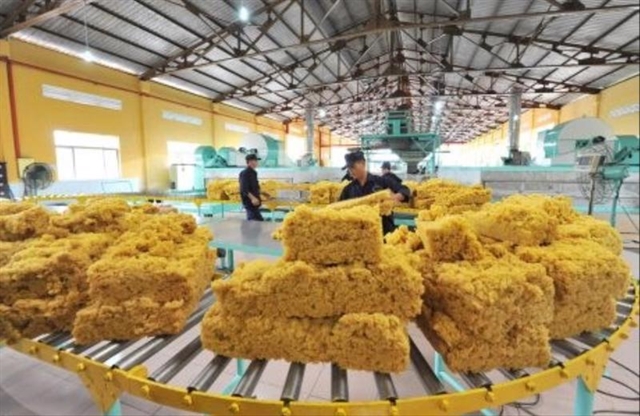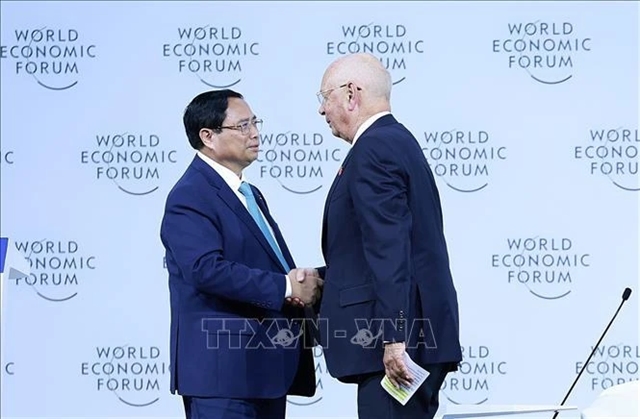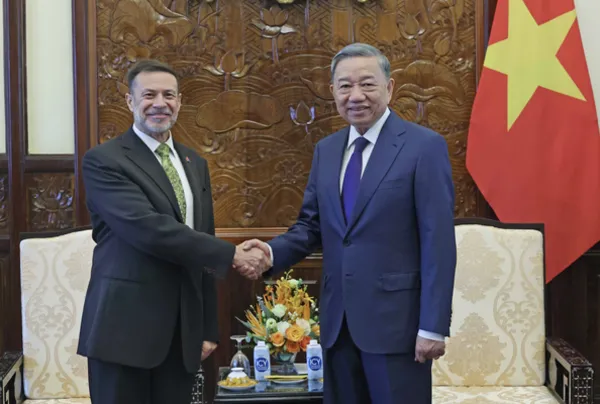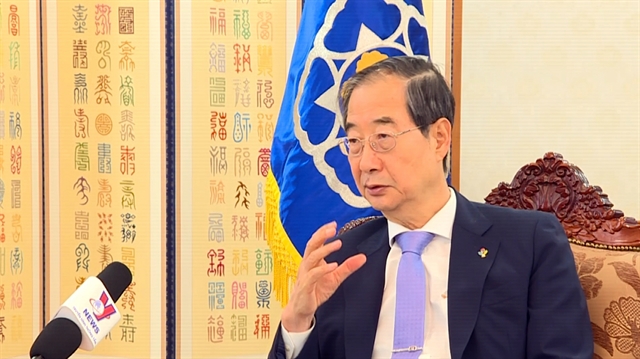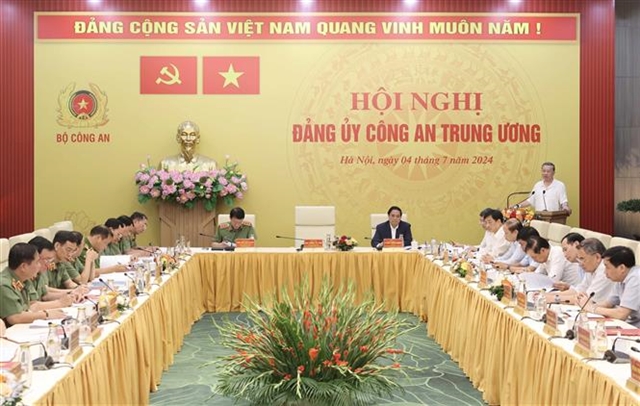 Politics & Laws
Politics & Laws
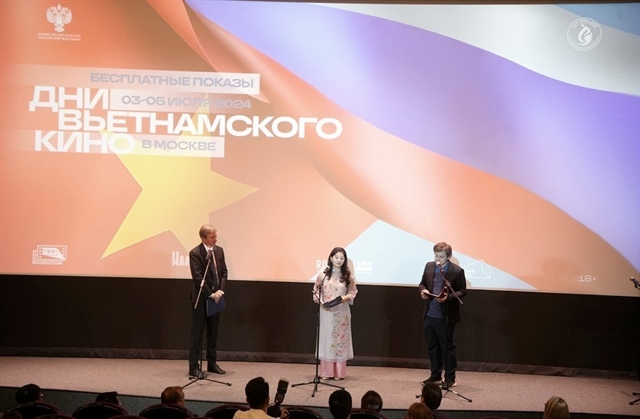
The event, chaired by Cambodian Deputy Prime Minister and Minister of Foreign Affairs and International Cooperation of Prak Sokhon and US Secretary of State Antony Blinkin, is part of the ongoing ASEAN Foreign Ministers Meeting which opened on Monday.
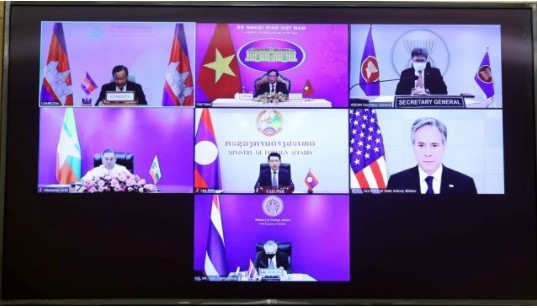
|
Foreign ministers of the five Mekong countries and the US participate in the second ministerial level Mekong-US Partnership (MUSP) meeting held on Tuesday. — VNA/VNS Photo
HÀ NỘI — Vietnamese foreign minister Bùi Thanh Sơn has attended the second ministerial level Mekong-US Partnership (MUSP) held virtually on Tuesday.
The meeting was chaired by Cambodian Deputy Prime Minister and Minister of Foreign Affairs and International Cooperation of Prak Sokhon and US Secretary of State Antony Blinken. It is part of the ongoing ASEAN Foreign Ministers Meeting which opened on Monday.
Sơn stressed Việt Nam puts great emphasis on cooperation between Mekong partner countries towards sustainable development. He also welcomed the contributions of MUSP in helping the Mekong member nations deal with the COVID-19 pandemic and in building the ASEAN Community.
Sơn underlined four priority areas. These include speeding up COVID-19 vaccinations, accelerating vaccine production, and enhancing public health responses; improving adaptability of the lower Mekong region to climate change and increasing cooperation on transboundary water management; expanding cooperation in infrastructure development; and working together on creating stronger digital economies and developing clean energy.
He also proposed a Mekong-US senior leaders meeting to boost dialogue and policy consultation to aid sustainable development in the region.
Foreign ministers of the Mekong countries – Laos, Việt Nam, Cambodia, Thailand, and Myanmar – welcomed COVID-19 support for the region from the US.
They also noted with satisfaction the results achieved by MUSP in areas such as sustainable water resource management, environmental protection, disaster response, climate change, health, education, infrastructure development, and regional connectivity.
The foreign ministers reached a consensus to adopt a 2021-23 action plan, with priority given to projects in the following four areas:
Economic linkages including building high-quality infrastructure; strengthening cooperation in trade, investment and transport; clean and renewable energy; agricultural development; supporting small and medium enterprises; promoting sub-regional production and supply chain linkages; and developing digital infrastructure and the digital economy.
Sustainable management of water resources, natural resources and environmental protection including effective and scientific coordination in sustainable management of resources in the Mekong River basin; strengthening the role of the Mekong River Commission (MRC); enhancing the capacity of Mekong countries in conservation and sustainable management of natural resources; and promoting joint research cooperation on the water resources of the Mekong River.
Non-traditional security risks include promoting cooperation against transnational crime, medical security, network security, humanitarian assistance, and strengthening the capacity to respond to natural disasters.
Human resource development including supporting human resource development through education, vocational training, empowering women and young people, promoting gender equality, and strengthening cooperation at university and vocational training levels, along with student exchange programmes.
The conference marked one year from when the Lower Mekong Initiative (LMI) Cooperation was upgraded to partnership level. This was done in order to further promote the potential of cooperation as well as effectively contribute to the sustainable development of the Mekong River Delta region. VNS

